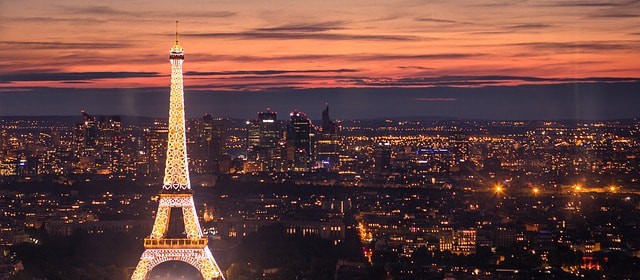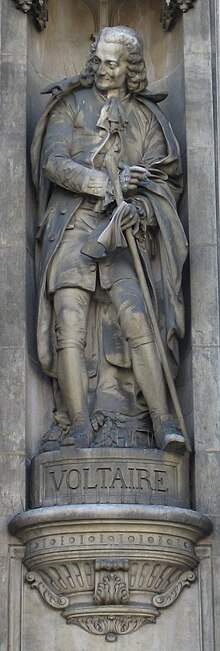0 Comments
 On this date in 1789, the declaration of "Droits de l'homme," The Rights of Man, were published in Paris. That makes it appropriate to remember that the city's nickname, “The City of Light,” comes from more than the Eiffel Tower, however brilliantly lit. Paris was called ‘La Ville-Lumière’ because it was central to the Age of Enlightenment, and as such, at the heart of education, ideas and culture for all of Europe. The Age of Enlightenment may be said to begin with the 1687 publication of Newton’s Mathematical Principles of Natural Philosophy, which demonstrated a universe governed by natural, quantifiable laws. From Newton's laws, scholars understood that the universe was rational, comprehensible, and ordered. The Enlightenment continued into the 18th and 19th centuries, with John Locke’s social contract theory, René Descartes’ embrace of reason and Voltaire’s crusade against superstition and prejudice. By applying systems of rationality to ethics, science, philosophy and politics, the Enlightenment laid the groundwork for the American and French Revolutions, as well as capitalism, religious toleration and human rights. Enlightenment thinkers wanted to lead the world toward the light of progress and out of the long period of irrationality, superstition and tyranny that began with the Dark Ages via three pillars of thought: reason, science and empathy. When you think of Paris, “the City of Light” remember this intellectual legacy, one that we can all be proud to share. |
Rose KleidonNever quit asking "Why?" This motto works out well for a researcher. Archives
June 2022
Categories
All
|
Website by Kleidon & Associates

 RSS Feed
RSS Feed